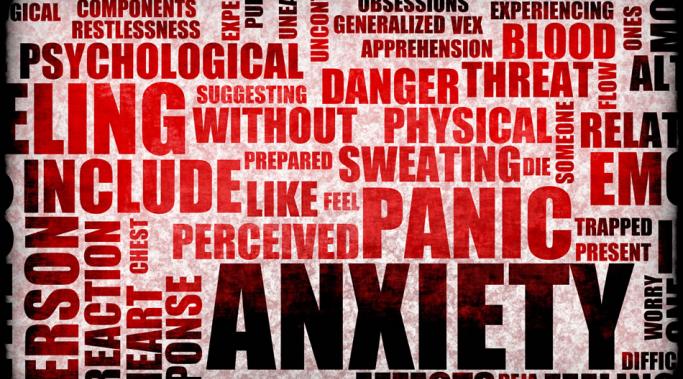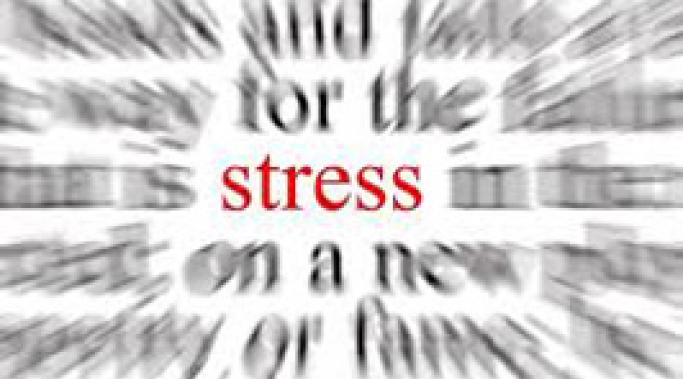Once upon a time, a woman confident upon the stage, attended a TEDx event. The woman wove her way through the crowd to find her seat and settled in. The speakers were engaging, the topics diverse and she sat at rapt attention. At the 1st break, the woman stepped out for fresh air. Except that it wasn't fresh and there was no air. Everyone else was taking all of the air. She found herself swallowed up in the crowd and each time she re-established her personal space, the school of fish moved in again like a moving wall. She spent every break wishing for a few moments of silence. Even going outside the building brought no piece, the fish simply found another route to the "food". The woman in this story is me and the story is about social anxiety, panic and the effects of PTSD (post-traumatic stress disorder) on the ability to persevere.
Managing Anxiety
PTSD triggers. For those of us with a mental health diagnosis (diagnoses), the definition of a trigger is far more than a level with a catch or means of releasing it. Triggers are a response to stimuli and a result of past trauma. PTSD triggers can include certain odors, a particular tone of voice, certain objects, places and so much more. The brain creates a physiological response: increased heart rate and respiration, sweating, a need to escape, a need for silence, sleeplessness, hyper vigilance and so much more. Responses to triggers are unique to each individual. No cookie cutter responses here!
Can adding mantras to your self-care routine help with your mental health recovery? For many, the answer is yes. Mantras help us change our thought processes. Changing our thoughts gives us the ability to become more resilient, to change the way our brain neurons fire and to choose to move forward. Science agrees. In a 2009 study, Italian physicians studied the effect on the cardiovascular system of reciting the Ave Maria, the rosary or a yogic mantra. The result: Prayer and mantras increased cardiovascular function when recited six times a minute.1
Stress affects your mental health, and if you have a mental illness, stress can cause a mental health relapse, too. If you can't tell the difference between stress and an oncoming mental health relapse, then what feels impossible can become impossible. This is why it`s important to recognize signs of stress that could lead to mental health relapse.
Mental illness is often connected to anxiety and its best bud insomnia. Often, it is believed to be a concurrent illness--connected to the primary diagnosis-- bipolar disorder for example. In my life it is hard to separate anxiety from insomnia. They invade my life together. Sometimes they hang around for a night or two and leave me in peace, and sometimes they signal something bigger. Relapse.
An Example of Insomnia and Anxiety...
First, let me pull out my Thesaurus (I have not done this for. . .a month? Two? Long overdue?) to define the word impulse and then we'll narrow it down a bit--a lot. We'll apply it to mental illness and shake the word up a bit.
Stress is part of all of our lives, not just those of us who live with a mental illness, no, everyone with a heartbeat struggles with stress. Stress can be related to a positive experience, a new job, a new relationship or it can be largely negative. Sometimes, we cannot find reason for it and when you struggle with mental illness, these feelings can be frightening. So, let's explore the feelings, the experience, stress can have on our lives.






